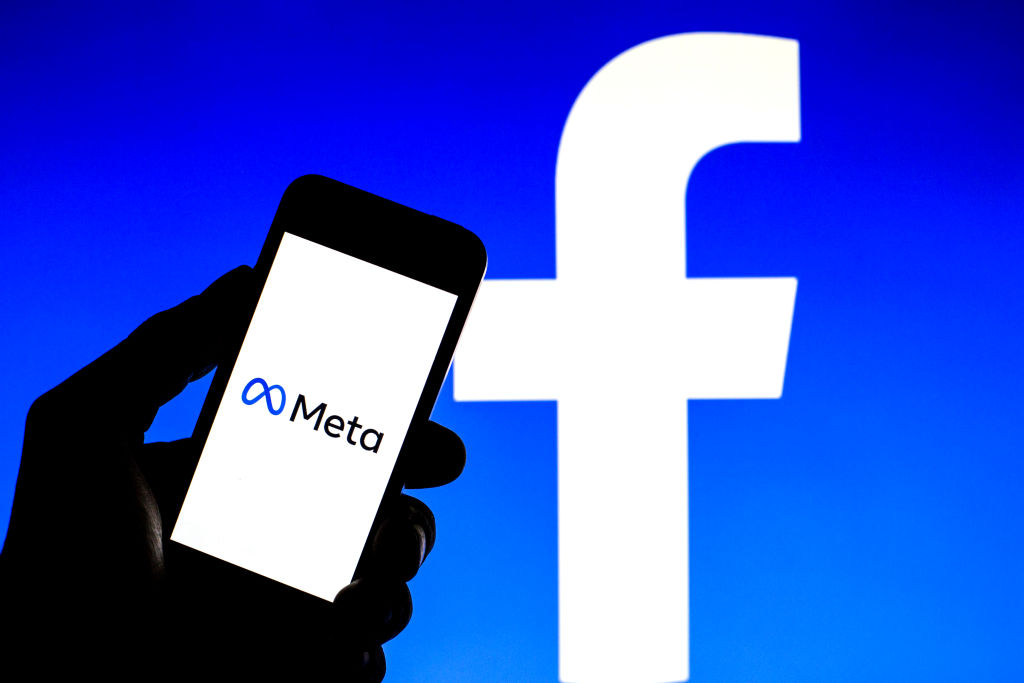February's top five IT security threats
The security threat never rests. Here are five of the most serious threats we've seen this month.

The criminals are now getting into their malicious swing. Here are five of some of the biggest threats IT PRO has seen this month
1) Insiders
People are at the heart of security, so what happens when employees go bad? The recession has and will force many IT people out of jobs, and there will be a lot of angry employees looking for revenge.
So what should businesses do about the problem? Sophos says it should be standard policy to handle exits sensibly and carefully. BT's chief technology officer (CTO), Bruce Schneier, also provided advice in the form of five ways that IT managers could prevent insider attacks.
2) Spam and phishing attacks
Spam and phishing are classics in the online criminal's repertoire. But, as long as users keep falling for the tricks, the bad guys will just keep sending on the emails. Earlier in the month, it was all about Valentine's spam as criminals tried to get users to download toxic attachments.
According to RSA, the British are also victims of the most phishing attacks in the world.
Get the ITPro daily newsletter
Sign up today and you will receive a free copy of our Future Focus 2025 report - the leading guidance on AI, cybersecurity and other IT challenges as per 700+ senior executives
And don't think you're going to escape if you're a Gmail user either. Soon after Google's highly publicised outage, phishing attacks were targeted at Gmail users using the Google Talk IM system.
3) Adobe Reader and Acrobat PDF files
It's not the first time Adobe has been targeted and it's not the first time that PDF files were found to be malicious.
However, what has caused the most uproar this month is the fact that Adobe will take until mid-March to fix the problem.
That said, if you are particularly concerned, one security researcher took it upon herself to create a homemade patch for the flaw. There's no 100 per cent guarantee it will work, however.
4) The Facebook application Error Check System
Many users had to face fake notification messages from this Facebook app, which tried to convince them to add it by claiming something was wrong with their profiles.
Security researchers weren't totally sure what the application's aim was, but the potential for harm was there.
5) Conficker
The worm that caused so many problems to networks at the beginning of the year is still around, and was so serious that Microsoft thought it was worth putting a $250,000 bounty on the head of those who created it.
However, the worm is still out there and spreading. A new variant Conficker B++ has been released into the wild, with new characteristics which could try to get around the IT industry's attempts to bring it down.
-
 Should AI PCs be part of your next hardware refresh?
Should AI PCs be part of your next hardware refresh?AI PCs are fast becoming a business staple and a surefire way to future-proof your business
By Bobby Hellard Published
-
 Westcon-Comstor and Vectra AI launch brace of new channel initiatives
Westcon-Comstor and Vectra AI launch brace of new channel initiativesNews Westcon-Comstor and Vectra AI have announced the launch of two new channel growth initiatives focused on the managed security service provider (MSSP) space and AWS Marketplace.
By Daniel Todd Published
-
 Warning issued over “incomplete” fix for Adobe ColdFusion vulnerability
Warning issued over “incomplete” fix for Adobe ColdFusion vulnerabilityNews An incomplete fix for a vulnerability disclosure could be placing users at risk, researchers warned
By Ross Kelly Published
-
 Latest Meta GDPR fine brings 12-month total to more than €1 billion
Latest Meta GDPR fine brings 12-month total to more than €1 billionNews Meta was issued with two hefty GDPR fines for “forcing” users to consent to data processing
By Ross Kelly Published
-
 "Unacceptable" data scraping lands Meta a £228m data protection fine
"Unacceptable" data scraping lands Meta a £228m data protection fineNews The much-awaited decision follows the scraping of half a billion users' data and received unanimous approval from EU regulators
By Rory Bathgate Published
-
 Meta notifies around 1 million Facebook users of potential compromise through malicious apps
Meta notifies around 1 million Facebook users of potential compromise through malicious appsNews The vast majority of apps targeting iOS users appeared to be genuine apps for managing business functions such as advertising and analytics
By Connor Jones Published
-
 Facebook business accounts hijacked by infostealer malware campaign
Facebook business accounts hijacked by infostealer malware campaignNews Threat actors are using LinkedIn phishing to seize business, ad accounts for financial gain
By Rory Bathgate Published
-
 Meta begins encrypting Facebook URLs, nullifying tracking countermeasures
Meta begins encrypting Facebook URLs, nullifying tracking countermeasuresNews The move has made URL stripping impossible but will improve analytics
By Rory Bathgate Published
-
 Meta hit with €17 million fine over multiple GDPR breaches
Meta hit with €17 million fine over multiple GDPR breachesNews The social media giant set aside over €1 billion in November to help it cope with potential fines arising from data protection investigations
By Zach Marzouk Published
-
 Adobe forced to patch its own failed security update
Adobe forced to patch its own failed security updateNews Company issues new fix for e-commerce vulnerability after researchers bypass the original update
By Danny Bradbury Published